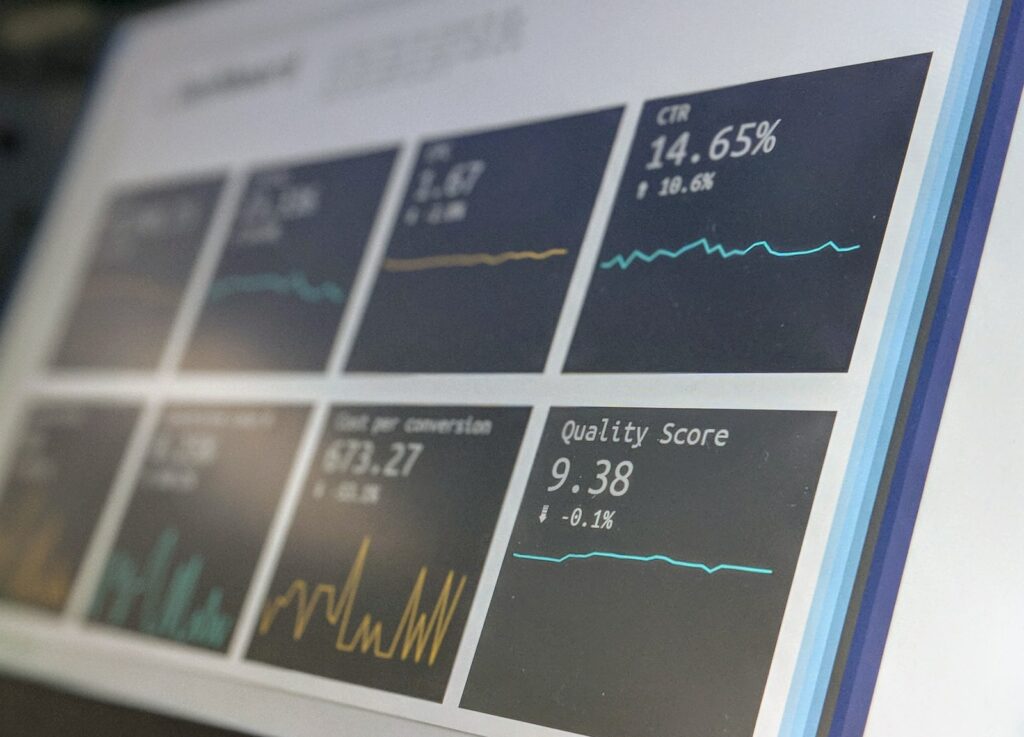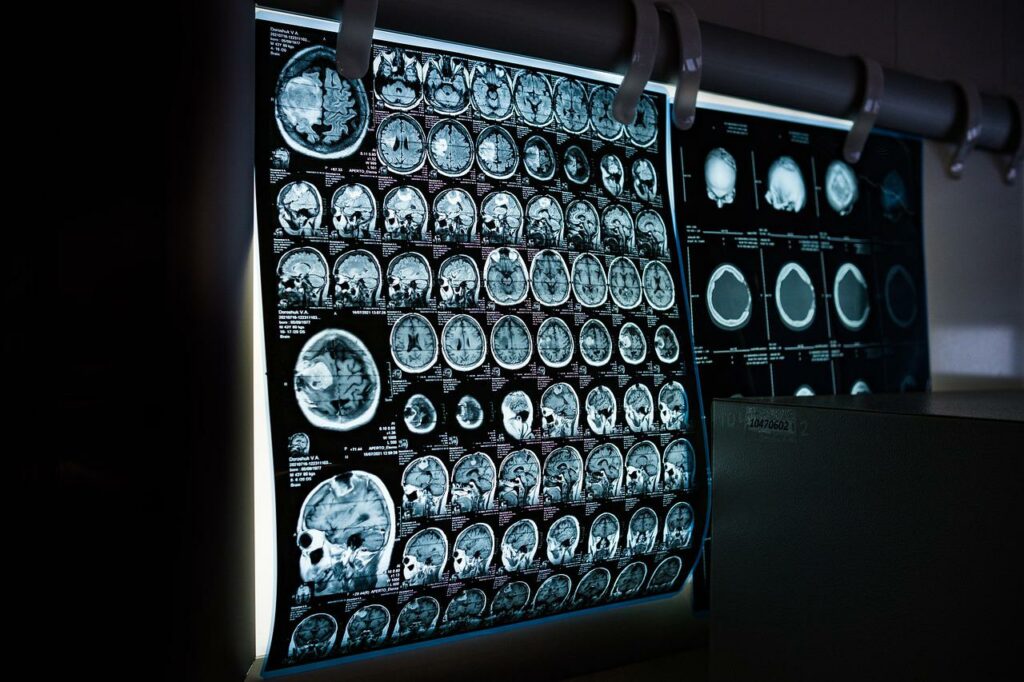research
Project overview:
Digital technology has the potential to help reduce variation in care, make care more personal, improve integration of care, identify people with higher risk of a poor outcome and promote self- management. Digital care can support clinicians to be more efficient, freeing up time for the sickest patients. The use of digital care has significantly accelerated during Covid. Through the use of Normalisation Process Theory (NPT), interviews, surveys and co-production workshops with patients and healthcare professionals, this research aims to better understand variation in digital care use to maximise future uptake, use and usefulness for people with long term neurological conditions.
Featured Publications:
No featured publications just yet. See other featured publications here
Researchers:
Chris is a Consultant Neurologist with subspecialty interest in behavioural neurology and cognitive disorders, and Professor of Clinical Neurology and Dementia at University Hospital Southampton and the University of Southampton. He leads the Cognitive Disorders service at the Wessex Neurological Centre.
Chris is Clinical Director for Research and Development at...
John is a senior research fellow within the NIHR ARC Wessex, Ageing and Dementia Theme, based in the Faculty of Medicine at University Hospital Southampton.
John’s research interests include digital health technology in the context of long-term neurological conditions and neurodegenerative diseases, young-onset dementia care and psychosocial experiences, and psychosocial measurement...
Sarah joined the Faculty of Medicine at the University of Southampton as a Senior Research Fellow in 2016 and has extensive experience carrying out research into care for people with long-term neurological conditions.
Sarah’s research often focuses on the patient perspective and she is keen to increase the participation of...
Supporting documents:














